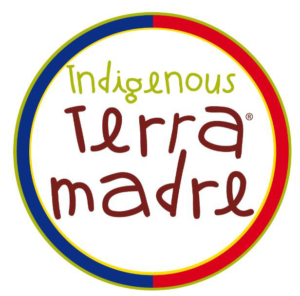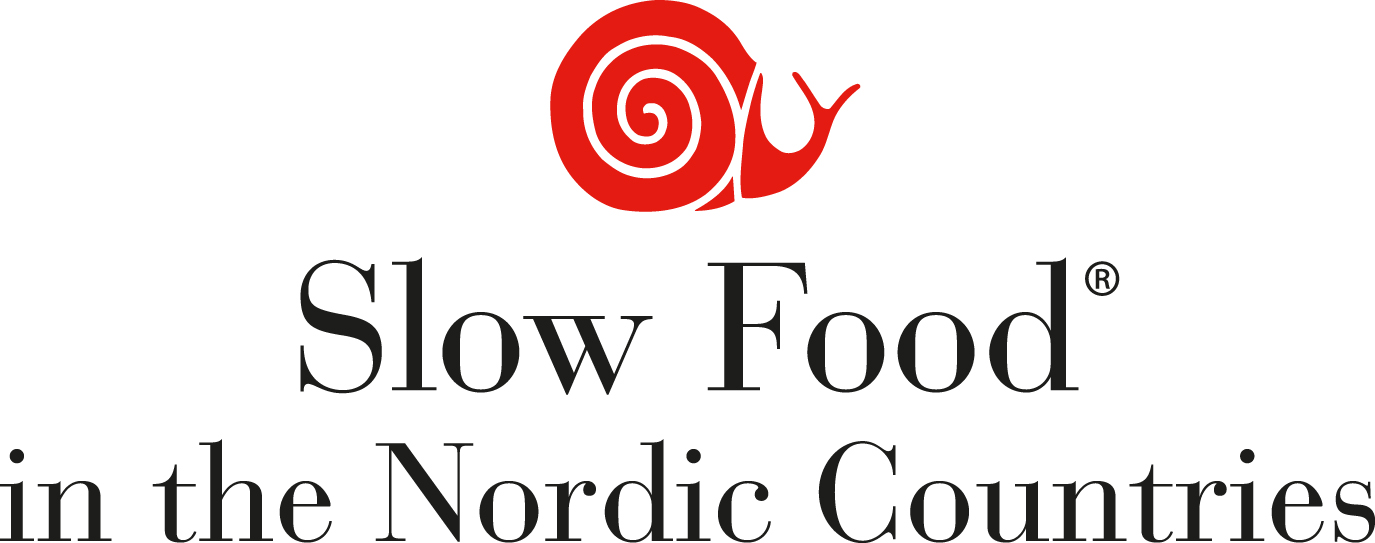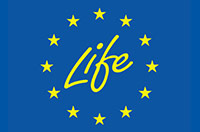
“Indigenous communities are those that produce food in the same way as their great-great-great grandparents. They know how to live off their land, taking care of the soil, the water an the air. This is the future of food, because within 50 years we will no longer be able to eat the polluted food of industrial agriculture and we will only be able to feed ourselves if we take care of Mother Earth.”
Winona LaDuke, Anishinaabekwe (Ojibwe), USA
It is clear that supporting indigenous communities and their traditional food systems means preserving the world’s biodiversity. The Indigenous Terra Madre (ITM) network was born to bring indigenous peoples’ voices to the forefront of the debate on food and culture and to institutionalize indigenous peoples’ participation in the Slow Food movement, as an integral part of the larger Terra Madre network.
Today, indigenous peoples are fighting against land and water grabbing, cultural erosion, social discrimination and economic marginalization. The partnership between ITM communities and Slow Food confronts these issues by promoting indigenous food systems that are good, clean and fair.
Read more:
https://www.slowfood.com/our-network/indigenous/
Slow Food Sápmi:
Road Map 2021: https://www.slowfood.com/wp-content/uploads/2019/07/ING_Sa%CC%81pmi-1-2.pdf
Indigenous Terra Madre 2011 – Jokkmokk, Sweden
ITM in Jokkmokk (Sweden) was Slow Food’s first global event dedicated entirely to indigenous peoples. The event brought together 200 representatives of indigenous communities from around the world who have shown how indigenous knowledge – ancestral but modern- is the base of sustainable ecosystem management. The results of the debate were compiled and agreed upon in the Jokkmokk agreement.


